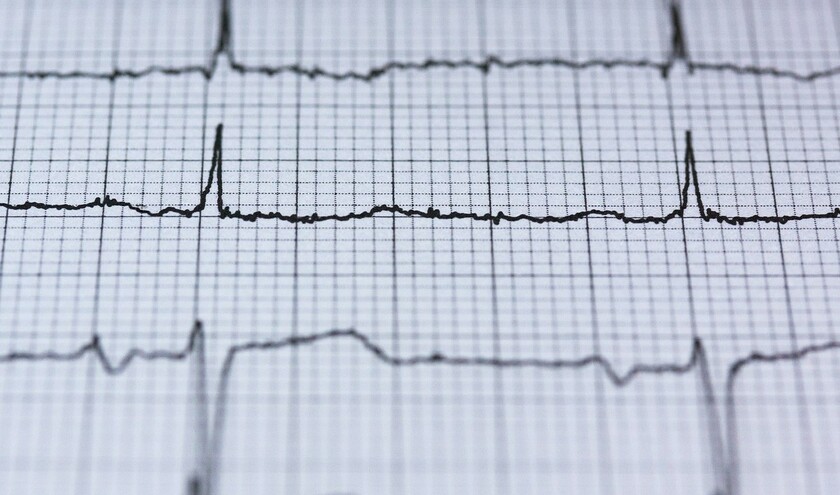Ambulatory Electrocardiogram (ECG), small and easy-to-use chest patches, will replace the larger and more cumbersome models currently in use. As well as being more practical, they provide more accurate readings to allow doctors to make faster and more effective decisions about follow-on treatment.
The ECG patch monitors are expected to be four times more effective at detecting atrial fibrillation than current methods, reducing diagnosis and treatment times from up to 24 months to just three weeks.
A research paper found that over the next five years, use of the patches in NHS Scotland could prevent 689 secondary strokes and 319 deaths, while also freeing up the equivalent of 15.7 full-time cardiac physiologists for other vital services. Cost-savings for the NHS could amount to £14.6m in the same period.
Patients will also benefit from reduced travel, as patches can be applied during diagnosis or conveniently posted to their homes. Standardised access across Scotland will help eliminate regional disparities in diagnosis and treatment.
Health secretary, Neil Gray, said: ‘This investment in innovative technology will make a real difference to the lives of thousands of stroke patients across Scotland. By accelerating diagnosis and treatment, we can help prevent recurrent strokes and improve health outcomes.
'The use of these new patch monitors is a fantastic example of how we are adopting cutting-edge solutions to renew Scotland's NHS and ensure it can continue to deliver high-quality, efficient care.'
Professor Jann Gardner, chief executive of NHS Greater Glasgow and Clyde, said: ‘We are proud to be at the forefront of using technology to improve patient care. The ECG patch programme is a powerful example of how innovation can enhance diagnosis, reduce waiting times, and ultimately lead to better outcomes for patients.'
The initiative is a key component of the Scottish Government's NHS renewal strategy, delivered through the Accelerated National Innovation Adoption (ANIA) pathway.
A 12-month phased rollout of the ECG Patch Monitors is scheduled to begin in November 2026.



